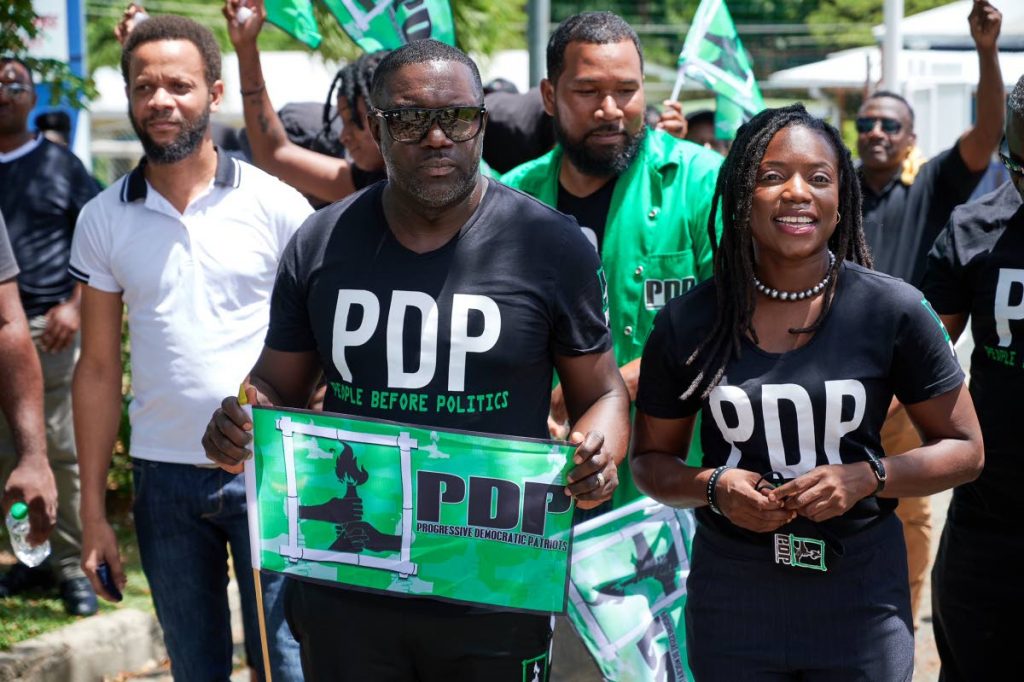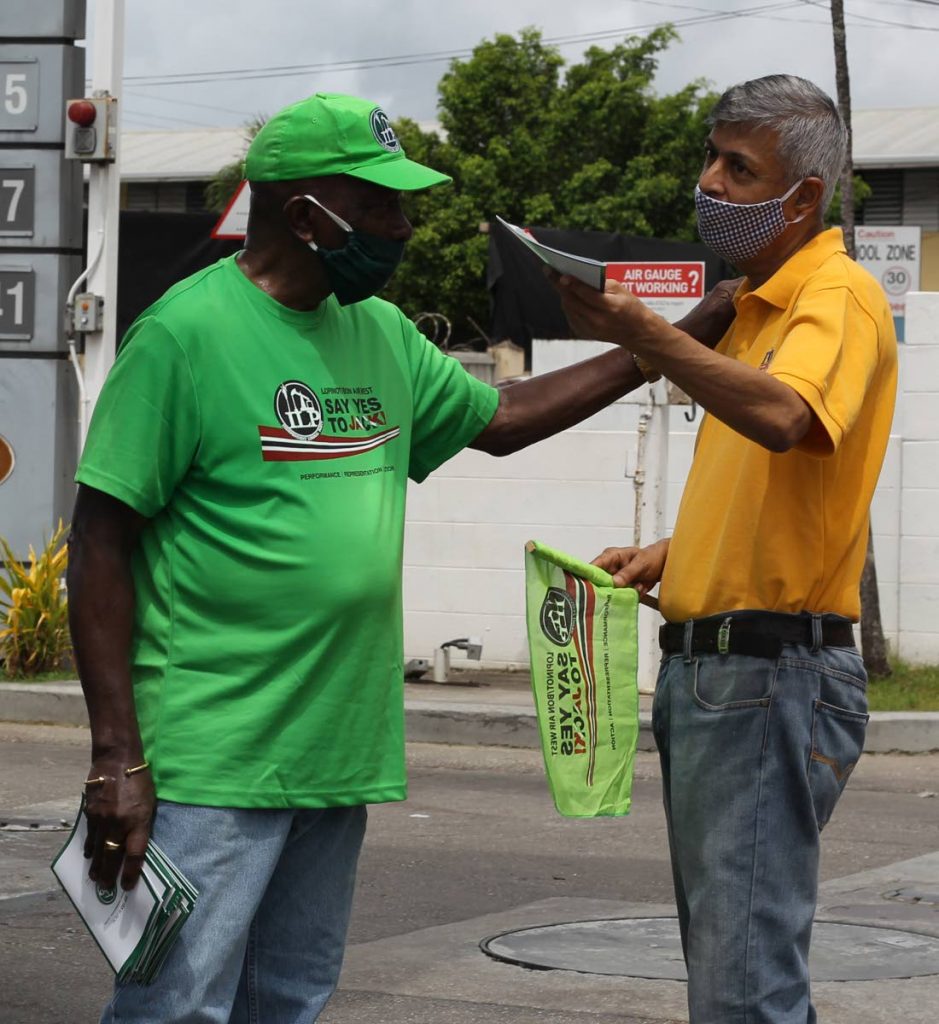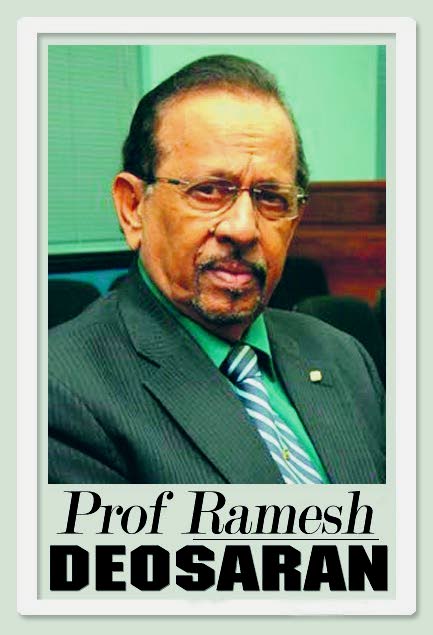And now the end is near

As the election campaign rumbles to the end – 15 days from now – three kinds of voters will help decide.
Roughly, the first type are those who, no matter what is said about or done by their chosen party, will vote for it.
This is a large bloc, about 50 per cent of those voting.
The second type, about 20 per cent, are those sceptical and mistrustful about politics and politicians’ promises, but still listening to decide. The third group, about 30 per cent, are those who will not vote for one reason or another.
In the 2015 election, 67 per cent of the electorate voted, with the PNM moving from 12 to 23 seats with 52 per cent of votes cast, UNC losing from 29 (UNC/PP) to 18 seats (UNC) with 40 per cent, COP six per cent and no seat, NJAC and ILP each getting less than one per cent, with the rest of parties sharing around one per cent.
With covid19 uncertainties in 2020, the voting turnout is likely to be less than 60 per cent.
Candidates may well recall Frank Sinatra: “And now the end is near/ I’ve travelled each and every highway/I did it my way.”
With all the advertisements, speeches, walkabouts and repeated promises, the campaign is in effect aimed at about 50 per cent of the electorate – those on the fence and those standing still.
And once again seductive perceptions rather than facts are playing a devastating psychological role.
Will the PNM hold on or increase its 23 seats? Will the UNC get at least three more seats? Or will Watson “King” Duke, the “Indian lover,” be the Tobago spoiler with prime minister’s ambitions? Will some, if not all, the smaller parties nibble enough votes to jeopardise the fortunes of either PNM or UNC?

The UNC Kamla-Jearlean duo is making platform waves, while Dr Rowley’s camp, as promised, is singling out corruption against both and some other UNC members, including Dr Roodal Moonilal and former UNC national security minister Jack Warner.
Persad-Bissessar argues that “we have heard all that before.”
Voters will decide.
The impression given is that the UNC is more specific in planning for 2020-25. Though referring to the Economic Recovery Plan, the PNM is yet to present a programmed list. Voters will decide on its proposed “digital nation,” political integrity, covid19 management and its “achievements” in 2015-2020. The PNM still has some time. The end is near.
So far, from streets to platform, the UNC is tackling PNM on borrowing, escalating debt, covid19 expenditures, taxation, business confidence, Petrotrin lingering in the shade, migration and external relations, crime and perhaps unfortunately, on Dr Rowley’s mercurial temperament. He has colourfully returned the compliments. Dr Rowley repeatedly recalls the “erratic expenditures” incurred by the UNC regime especially during the months before the 2015 election. Will this work? The electorate will decide. The end is near.
Surprisingly, the issues in the troubling, highly-politicised education system receive little or no policy mention at all.
Quality education needs more than building schools. The education system, linked to youth crime, seems to be feeding inter-generational poverty.
Crime, with its murder rate, dark figure and public fears, needs more ventilation than the honest apology from Dr Rowley.
Agriculture must be removed from dusty shelves and provided with richly-resourced programmes for long-term diversification.
Another major point adversely affecting the country’s social and economic development is the reliance on weak and failed state institutions for policy implementation. This, together with widespread citizens’ complaints about public service deficiency and services – from no answer to phone calls to “come back tomorrow,” etc.
Money does not have legs. To get the economy and its institutions moving requires human effort and commitment. Some other “little things” needing attention are road conditions, constitutionally-based cabinet with a maximum of 20 ministries with permanent names, public accounting for ministerial travels, review role of Ombudsman and service commissions, increase the Director of Public Prosecutions' staff, strengthen powers of joint select committees.
What’s good for party is not always good for country.
So as we come to the end, tell your walkabout candidates all this, because you may never see them again.



Comments
"And now the end is near"